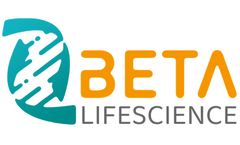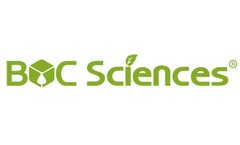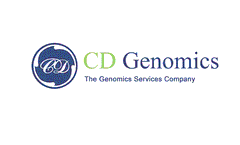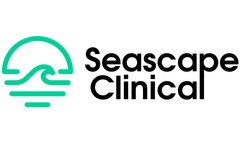Cancerous Tumor Articles & Analysis: Older
36 articles found
Among the most promising strategies in this endeavor are the use of tumor models for breast cancer and the development of customized antibody-drug conjugates (ADCs). ...
Discover how matched tumor-normal sequencing can help clinical researchers detect the somatic origin of variants with certainty. In the era of precision oncology, it has become increasingly common for patients diagnosed with cancer to undergo tumor sequencing. Identifying the mutations that make up a tumor’s genomic ...
Additionally, to delve deeper into cancer pathogenesis, Alfa Cytology also provides in vivo and in vitro cancer model customization services, providing versatile models that simulate diverse cancer types and stages. ...
ESMO updated its recommendations for NGS in advanced cancers this year, urging broader use of NGS in additional cancer types and the inclusion of tumor-agnostic biomarkers. The ESMO Precision Medicine Working Group (PMWG) first published its recommendations for when to use next-generation sequencing (NGS) in routine practice for patients ...
Compared to other solid tumors, pancreatic cancer (PC) lacks effective therapy with poor outcomes. ...
Alfa Cytology has announced tumor models customization service for pancreatic cancer research. ...
Cancer is a complex disease that involves a delicate interplay between the tumor cells and the host immune system. ...
Cancer is a complex disease that involves a delicate interplay between the tumor cells and the host immune system. ...
Applications of fluorescent liposomes Fluorescent liposomes are proving valuable in various research areas, including: Cancer research: Studying tumor targeting and drug delivery strategies for improved cancer therapy. ...
For instance, it is widely used to diagnose abnormal cells, such as those found in cancerous tumors, by using specific molecular markers to characterize specific cellular events, such as proliferation or cell death (apoptosis). ...
Given its multifaceted contribution to tumor advancement as an emerging immune checkpoint, CD73 stands out as a promising target for cancer treatment. ...
Antibody-drug conjugates (ADCs), as emerging anticancer drugs, can deliver highly cytotoxic molecules directly to cancer cells to kill them. ADC is a monoclonal antibody covalently bound to cytotoxic chemical substances (payload) through linker. ...
Interestingly, FAUST findings in combination with single cell RNA sequencing data and follow up functional assays led Prilic et al. to identify one type of T regulatory cell– a unique population expressing IL-1R1 and ICOS– that localized to solid tumors and suppressed immune defenses. Moreover, the Hutch researchers compared their findings in head and neck solid ...
For example, most drug developers target the same dozens of genes when developing cancer drugs. If the KRAS gene is found to play a central role in many solid tumor cancers, then companies will search for chemicals that can neutralize KRAS proteins as a potential treatment method. ...
To determine the resistance pathway in solid tumors, researchers led by Dr. Marcela Maus, director of the Cellular Immunotherapy Program at Massachusetts General Hospital Cancer Center, developed a genome-wide CRISPR knockout to screen gliomas. ...
A study conducted under the Lung Cancer Master Protocol (Lung-MAP) found that when treated with a combination of ramuzumab (Cyramza) and Keytruda, Patients with advanced NSCLC whose cancer progressed during prior immunotherapy lived significantly longer than when treated with one of the current standard therapies for this cancer. ...
Abnormalities in fatty acid metabolism are commonly seen in cancer. A growing number of studies have shown that increased ab initio synthesis of fatty acids in tumor cells is a prominent feature in the development of cancer. ...
One reason for this is that pancreatic cancer is a "cold tumor" that the immune system is unable to recognize and eliminate. ...
A variety of targeting enrichment kits have been developed to monitor the onset or recurrence of cancer, tumor burden and evolution, including the development of therapeutic resistance. ...
In the developed world, 1 in 4 people die from cancer or cancer-related disease, and cancer accounts for 13% of deaths globally. Oncology is the fastest growing therapeutic area by revenue and number of clinical trials. There’s been a huge emphasis on developing new treatments to improve survival in patients with cancer, but these trials have become a costly undertaking for sponsor ...














